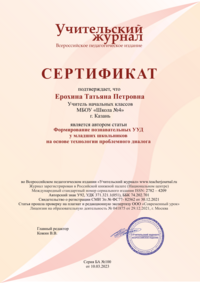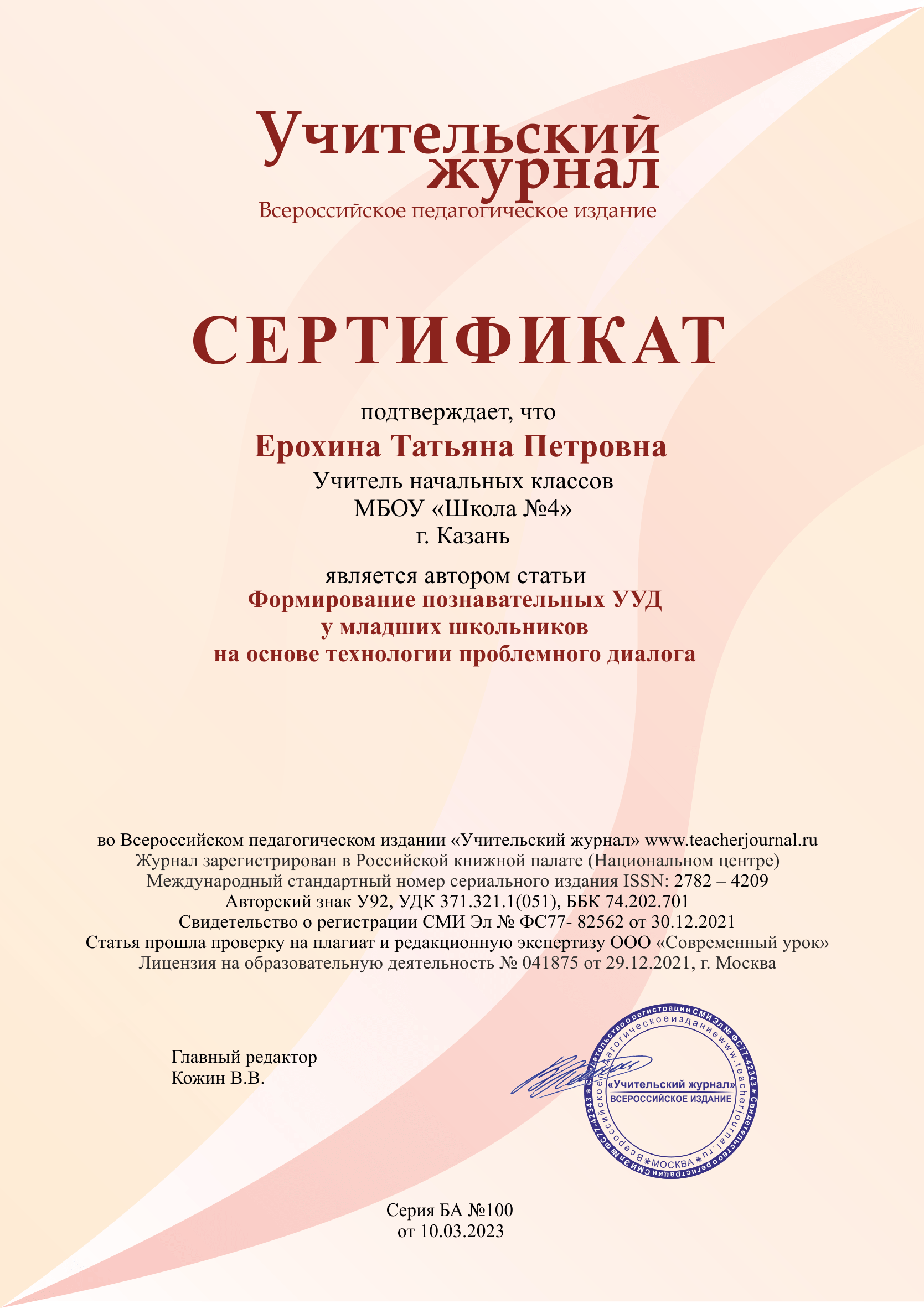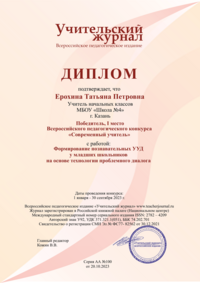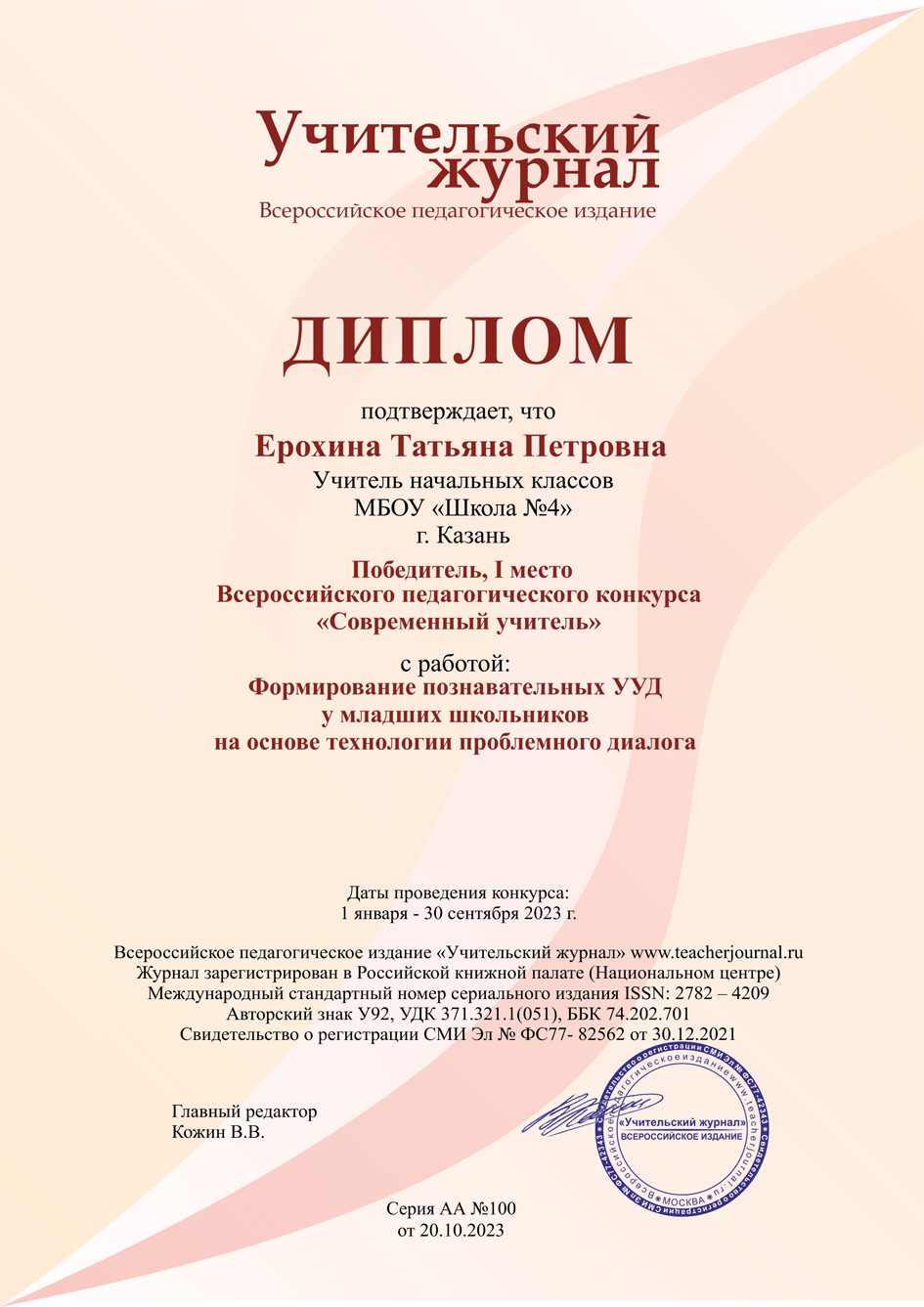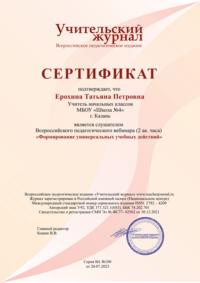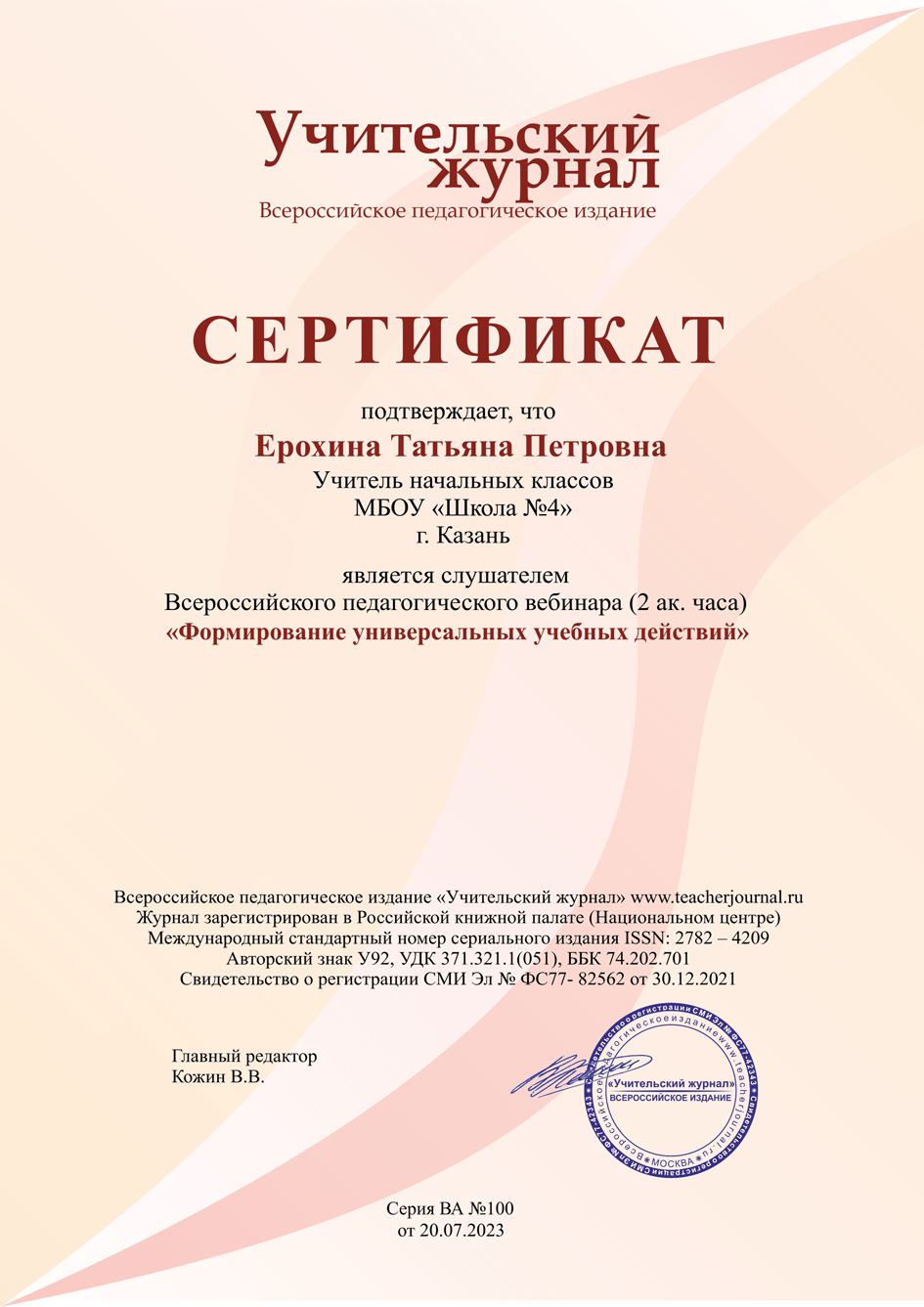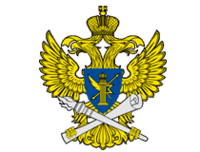The benefits and drawbacks of native vs. non-native speakers of English
Автор: Димитриева Светлана Николаевна
Организация: МАОУ «СОШ №1»
Населенный пункт: г. Чебоксары
When a student says ‘It’s Greek to me’, I think I know the feeling. I am always in search of reliable sources which explain the intricacies of English. Some cultural differences never fail to surprise me. And I find teaching slang, which is often of interest to students, a rather unnerving experience… I do recognise the drawbacks being a non-native speaker entails for me as a language teacher. But still, I see no reason for an inferiority complex.
In Russia there is a long tradition of language learners being instructed by native-speakers. During the 18thand 19th centuries governesses from abroad made sure that children in high-born families spoke foreign languages fluently. And today parents are aspiring to send their offspring to schools which can boast native speakers as teachers. The advantages seem undeniable.
Shifting perspectives a bit can, in a way, equalise the score. For instance, sharing a common language with students can be either detrimental or beneficial. It can prevent learners from using only the target language in the classroom, but it also creates an opportunity to explain some challenging grammar or draw a comparison between learners’ mother tongue and their second language.
The ability to guide students through contemporary language and avoid outdated speech patterns is associated with native speakers. But a non-native might be better at understanding the process of studying English and recognising learners’ difficulties.
Having a native speaker as a teacher may help learners avoid the infamous language barrier. Alternatively, it can inadvertently exacerbate the situation for some highly nervous students. And doesn’t encountering problems (and dealing with them successfully) make us stronger as people and as speakers? There is always the greater good to consider.
I tend to agree with Vasily Zhukovsky, a famous poet who taught Russian to Princess Charlotte of Prussia and then became a mentor of Tsarevich Alexander. ‘Is it enough to be a talented poet and writer to teach a language the way it should be taught?.. Doesn’t the art of teaching require a special knack, a gift for it?’ *
Admittedly, in fairness to native and non-native speakers, there are a lot more qualities that define a good teacher. Practicing and embracing every chance to enhance cultural awareness, conscious efforts to get professional development and genuine enthusiasm might take even non-natives far enough.
*Письма В. А. Жуковского к Александру Ивановичу Тургеневу. - М., 1895. – С. 178(Эл. доступ:http://lib.pushkinskijdom.ru/LinkClick.aspx?fileticket=xQW5Otoz2MQ%3d&tabid=10183)


